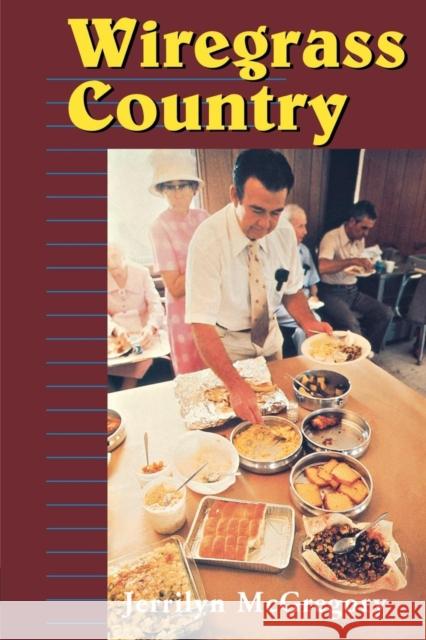Wiregrass Country » książka
Wiregrass Country
ISBN-13: 9780878059263 / Angielski / Miękka / 1997 / 192 str.
Wiregrass (Aristida stricta) refers to a genus of flora that depends on fire ecology for germination. Although its growth is widespread from the Chesapeake Bay to the western brim of Texas, only one region has acquired the word for vernacular recognition. Ranging over parts of three states, Wiregrass Country extends from north of Savannah, sweeps across rolling meadows into the southwest Georgia coastal plain, fans over into the southeastern corner of Alabama, and dips into the northwestern panhandle of Florida.This book is the first comprehensive study of the folklife of this unique region and its people. Historically underpopulated, economically poor, and predominantly white until the Reconstruction period following the Civil War, Wiregrass Country is a rare stretch of the American South whose economic and cultural development has been shaped more by yeomen farming and frontier attitudes than by King Cotton, plantations, slave-holders, and slaves.Eventually, Wiregrass Country experienced a more diverse influx or residents--tenant farmers, African Americans, and northern industrialists. In many ways, however, it has remained characteristically rural. Few malls have invaded it, and high watertowers are more prevalent than stately court houses and city halls.This study typifies the population within the tristate region as communal-minded, frugal, and hardworking. Its values gain full expression in characteristic musical and verbal arts, such as Sacred Harp singing and personal narratives about the supernatural.Although virtually neglected by historians and folklorists, the region is a trove of cultural history preserved in folktales, music, festivals, yardscapes, hunting, and fishing.











